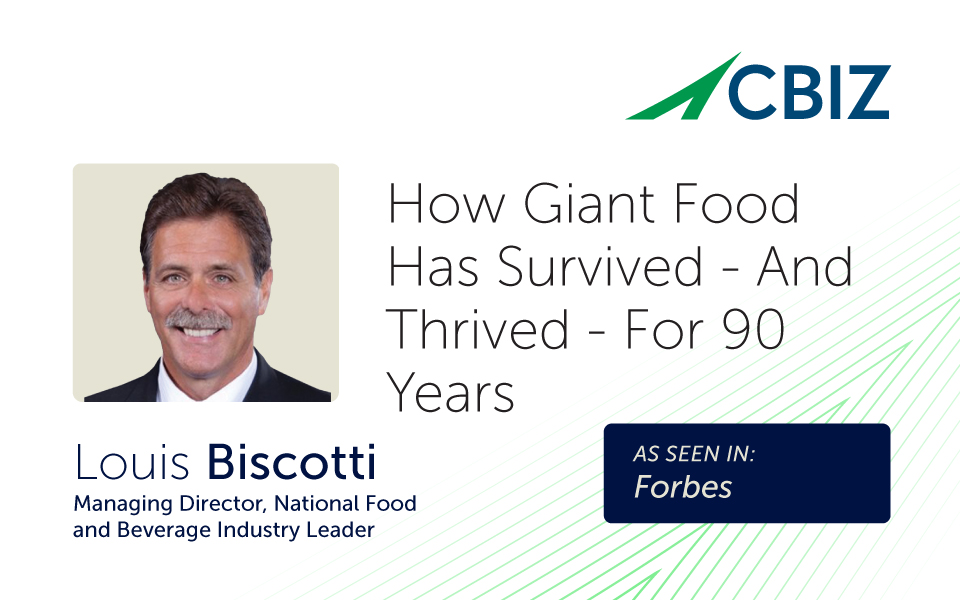Big savings are on the horizon for working families. Starting January 1, 2026, the Dependent Care Flexible Spending Account (FSA) contribution limits are set to rise significantly – offering families more ways to cut costs on dependent care while taking advantage of key tax breaks.
What’s Changing: 2026 Dependent Care FSA Contribution Limits
Starting in 2026, the maximum annual contribution limit for Dependent Care FSAs will increase from $5,000 to $7,500 for single individuals and married couples filing jointly, and from $2,500 to $3,750 for married individuals filing separately.
This is the first permanent increase in the Dependent Care FSA limit since 1986, aside from a temporary adjustment made during the pandemic. However, the updated limit is not indexed for inflation, meaning it will remain fixed unless future legislative changes are made.
Dependent Care FSAs at a Glance
Dependent Care FSAs allow employees to allocate pre-tax income for eligible care expenses, such as daycare, after-school programs, and elder care. These accounts lower taxable income while helping employees manage essential costs.
To qualify, expenses must enable the employee (and spouse, if applicable) to work, and must relate to a dependent under age 13, or a dependent incapable of self-care.
What the New Limits Mean for Employees and Employers
The upcoming increase to Dependent Care FSA limits is a meaningful change that can positively impact both employees and employers in a number of ways.
For Employees
- Increased tax savings: Higher contribution limits mean employees can set aside more pre-tax income, reducing taxable income and increasing take-home pay.
- Support for rising dependent care costs: Families will gain more financial flexibility to manage childcare and other dependent care expenses.
- Peace of mind: With higher savings available for care costs, employees can better balance their work and family responsibilities.
For Employers
- Enhanced benefits strategy: The new limits make Dependent Care FSAs an even more attractive component of employee benefits packages, helping employers attract and retain top talent.
- Reinforcing employee wellbeing: By offering higher savings opportunities, employers show a commitment to work-life balance, fostering loyalty and satisfaction.
- Retention and engagement: Employees who feel their needs are supported are more likely to remain engaged and satisfied, reducing turnover and boosting morale.
Ultimately, the expanded Dependent Care FSA limits present a win-win – empowering employees to better manage care costs while enabling employers to enhance their benefits strategy and foster a more engaged, supported workforce.
How Employers Can Prepare Now
To fully leverage the 2026 limit increase, employers should start planning now. Key areas to address include:
- Plan updates: Review and amend Dependent Care FSA documents to reflect the higher limits. Coordinate with benefits administrators or legal counsel to ensure compliance.
- Employee communication: Use open enrollment periods to educate employees about the updated limits and how to maximize their contributions. Share information across channels, leveraging emails, webinars, and internal resources to boost awareness.
- Nondiscrimination testing: The increased limits could impact annual nondiscrimination testing, particularly the 55% average benefits test. Employers should conduct testing simulations to ensure compliance and avoid penalties.
Turn the FSA Limit Increase into a Competitive Advantage with CBIZ
The upcoming increase to Dependent Care FSA limits is more than just a legislative update – it’s an opportunity for employers to align their benefits with the evolving needs of their workforce.
By preparing early, maintaining compliance, and clearly communicating these changes, organizations can foster greater employee satisfaction and establish themselves as leaders in supporting work-life balance.
For more guidance on how flexible benefits can optimize your benefits strategy, connect with our human capital management team today.
© Copyright CBIZ, Inc. All rights reserved. Use of the material contained herein without the express written consent of the firms is prohibited by law. This publication is distributed with the understanding that CBIZ is not rendering legal, accounting or other professional advice. The reader is advised to contact a tax professional prior to taking any action based upon this information. CBIZ assumes no liability whatsoever in connection with the use of this information and assumes no obligation to inform the reader of any changes in tax laws or other factors that could affect the information contained herein. Material contained in this publication is informational and promotional in nature and not intended to be specific financial, tax or consulting advice. Readers are advised to seek professional consultation regarding circumstances affecting their organization.
“CBIZ” is the brand name under which CBIZ CPAs P.C. and CBIZ, Inc. and its subsidiaries, including CBIZ Advisors, LLC, provide professional services. CBIZ CPAs P.C. and CBIZ, Inc. (and its subsidiaries) practice as an alternative practice structure in accordance with the AICPA Code of Professional Conduct and applicable law, regulations, and professional standards. CBIZ CPAs P.C. is a licensed independent CPA firm that provides attest services to its clients. CBIZ, Inc. and its subsidiary entities provide tax, advisory, and consulting services to their clients. CBIZ, Inc. and its subsidiary entities are not licensed CPA firms and, therefore, cannot provide attest services.















